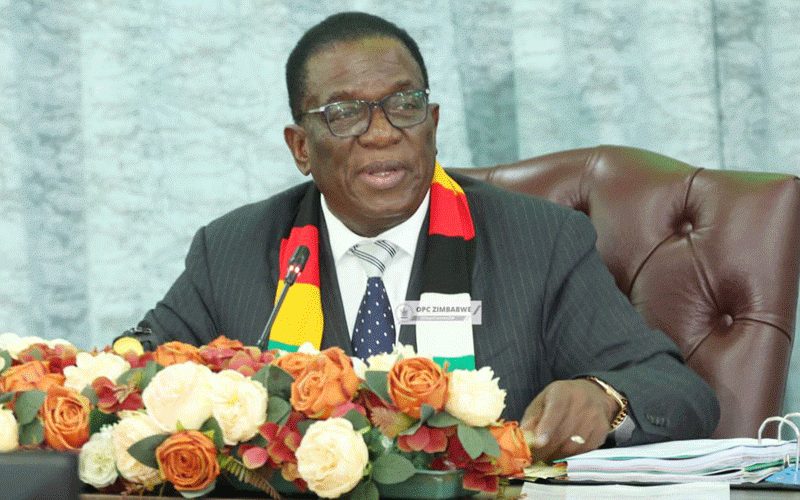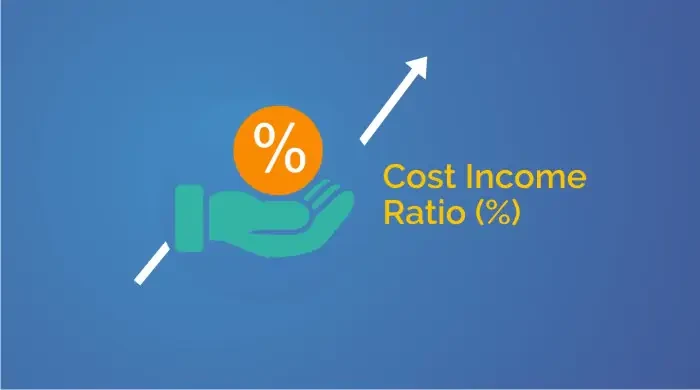
LONDON — Britain should leave the European Union because Prime Minister David Cameron’s plan to claw back powers from Brussels is doomed, former Finance minister Nigel Lawson said.
Reuters
Lawson’s intervention piles pressure on Cameron just days after his Conservative Party was shaken in local elections by the surging anti-EU UK Independence Party (UKIP).
Cameron came to power in a coalition government in 2010 with a plea to his party to “stop banging on about Europe”, an issue that has divided the Conservatives for decades and helped bring down two of his predecessors, Margaret Thatcher and John Major.
But his promise in January to renegotiate the terms of Britain’s EU membership and to hold an “in-out” referendum if he is re-elected in 2015 has failed to stop party squabbling over Europe or halt UKIP’s rise.
Lawson, who served as Thatcher’s Finance minister from 1983 to 1989, is the most senior member of Cameron’s Conservative Party to call for Britain to withdraw from the EU.
Cameron’s attempts to repatriate powers from Brussels would probably only secure “inconsequential” results, Lawson said, echoing warnings from France and Germany. Britain would be better off outside a 27-nation bloc that has become a “bureaucratic monstrosity”, he wrote in Monday’s Times newspaper.
“I strongly suspect that there would be a positive economic advantage to the UK in leaving the single market,” Lawson wrote in an article that stirred memories of a Conservative civil war over Europe that raged for large parts of the 1980s and 1990s. “In my judgment the economic gains would substantially outweigh the costs.”
- Chamisa under fire over US$120K donation
- Mavhunga puts DeMbare into Chibuku quarterfinals
- Pension funds bet on Cabora Bassa oilfields
- Councils defy govt fire tender directive
Keep Reading
Lawson, who voted to stay inside the EU’s forerunner in Britain’s last referendum on Europe in 1975, said the euro zone debt crisis had fundamentally changed the EU and he would choose to leave if another vote is held.
Some Conservatives have called on Cameron to bring forward legislation enshrining his referendum pledge in law from the next parliament to this one.
Both sides on the debate over Britain’s EU future have been setting out their stalls since Cameron’s referendum pledge in January.
More than 500 business leaders backed Cameron’s renegotiation policy in April, saying a new, looser relationship with Europe would boost the British economy. Others fear the referendum pledge has created years of dangerous uncertainty that will deter foreign investment in Britain and upset allies in the EU, Britain’s biggest trading partner.
Cameron, trailing in the polls by around 10 points, supports Britain’s continued membership of a club it joined at the third attempt in 1973.
Responding to Lawson’s article, Cameron’s spokesman said the prime minister wants the EU must change and “wake up to the modern world of competition”.
“Europe has to reform,” his office said in a statement. “But our continued membership must have the consent of the British people, which is why the PM has set out a clear timetable on this issue.”











